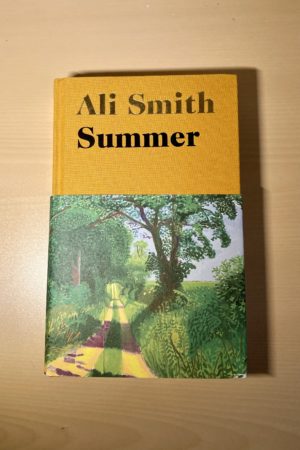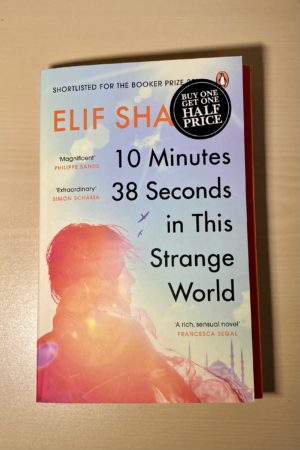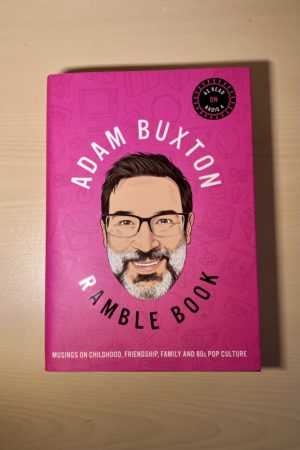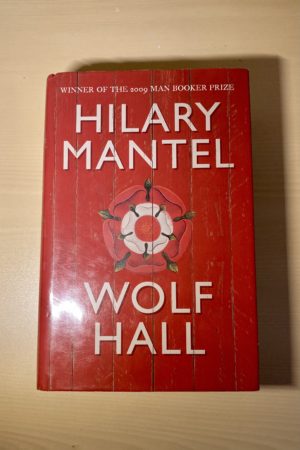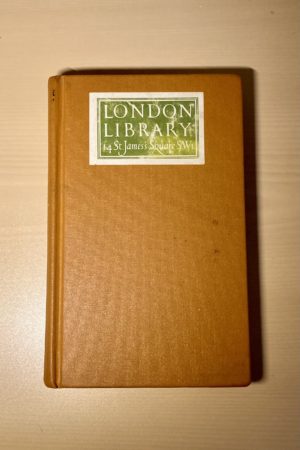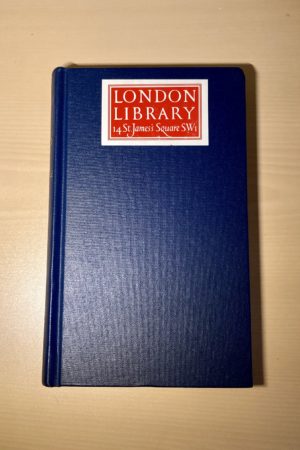What I’ve been reading this month
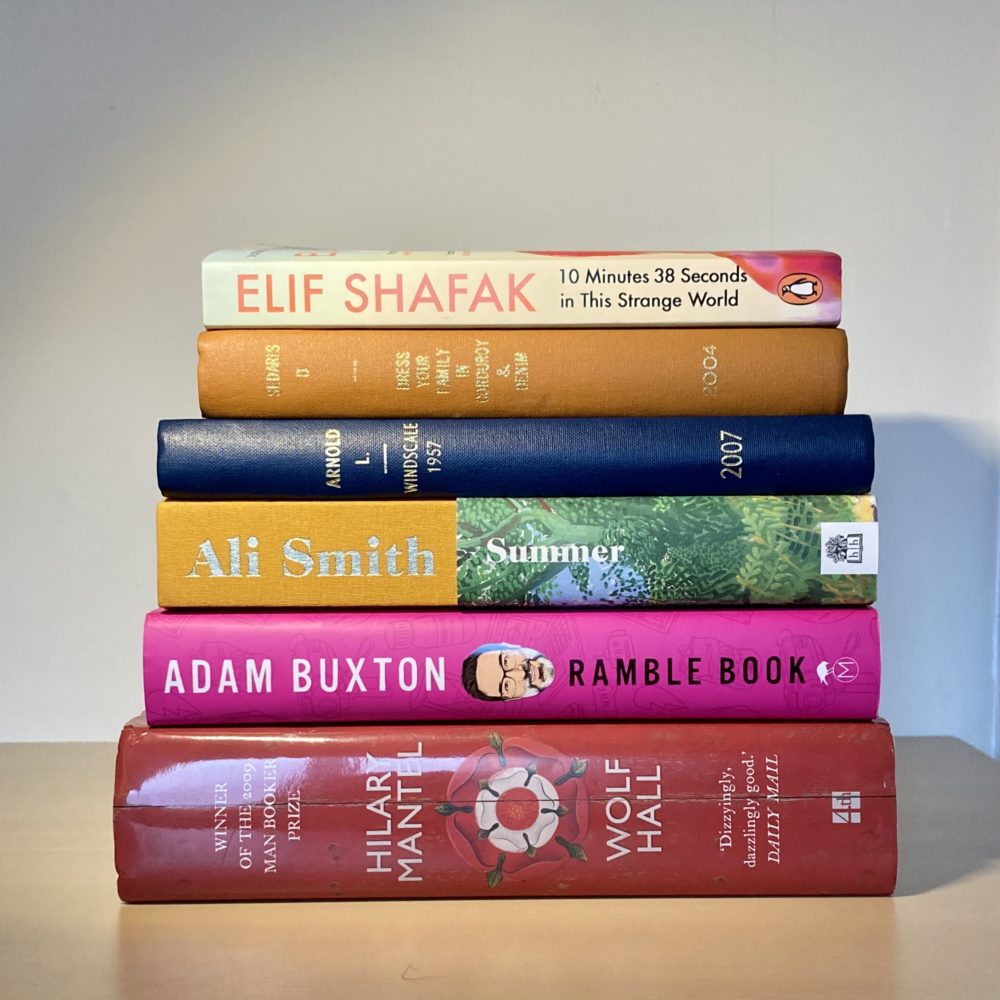
Six books to mention this month… though in truth, I was reading Wolf Hall much of last month as well!
Summer by Ali Smith
This was the recently published brilliant finale to Smith’s astonishing seasonal quartet.
If one was setting out to publish a novel a year reflecting the times in which we live, one could hardly have picked a better four years to work with than the last four. Smith’s ability to capture and reflect on the age of Brexit, coronavirus and George Floyd with such a publication schedule, while the rest of us are struggling just to keep up with events, is pure genius. This volume revisits some of the characters from the earlier novels, and I slightly worried that I’d struggle to recall them, given the time that has passed since I read the first of the novels – but they all came flooding back.
I feel a bit lost knowing that this series is now complete – it has been the series that I’ve most enjoyed and most anticipated in recent years. I’ll miss it.
10 Minutes 38 Seconds in this Strange World by Elif Shafak
This was the 2019 bestseller which was shortlisted for the Booker Prize. I picked it up on a whim when I saw it in a bookshop and vaguely thought I’d heard good things about it. It turned out to be an extraordinary book.
The book comprised three parts. Part One followed Tequila Leila’s lifetime of reminisces over the first few minutes following her death, covering everything from her own birth into a polygamous family to her murder as a sex worker. Each memory focused on a specific friend whose life was also explored. Part Two followed these closes friends in the day following Leila’s murder. And the brief Part Three followed her soul into the afterlife.
I found this emotionally exhausting. The characterisation and storytelling were so strong that I sometimes forgot this was fiction. Despite the tragedy and emotional weight of the story, it was leavened with moments of humour. It felt to me like this book was as much about Istanbul as it was about the human characters.
Definitely a book I’d recommend.
Ramble Book by Adam Buxton
This was Adam Buxton’s recently published autobiography. I first came across Adam with his friend Joe Cornish in their Adam and Joe Show days, when I was in my early teens, and have followed them ever since. Adam now hosts a successful podcast in which he hosts essentially long form interviews with a huge variety of cultural figures, but which also gives insight into his life in rural Norfolk.
This book’s central thread was the relationship between Adam and his travel-writer father, although he also talked at length about his school days, his career, and his love for David Bowie. I found the section on his father’s last illness particularly moving. I read this shortly after listening to Buxton’s recent podcast recorded the day after his mother’s funeral, in which and Joe reflected movingly and at length on the challenges of parent-child relationships in later life.
I was pre-disposed to like this book because I like Adam. It’s one of those books which I’m not sure would appeal to people who aren’t already familiar with him and his career, but I really enjoyed it.
Wolf Hall by Hilary Mantel
The 2009 blockbuster Booker winner – a book on which my opinion really couldn’t matter less!
I don’t usually read historical fiction, but this was recommended to me so often that I thought I had to give it a go. It was my redoubtable friend Julie who tipped me over into reading it, by telling me it wasn’t really a historical novel.
I have mixed feelings. I found the plot confusing and often lost the thread (not helped by my complete historical ignorance). On the other hand, the writing was brilliant, filled with witty turns of phrase and clever language. I wouldn’t hesitate to read more of the trilogy, and would consider re-reading this volume at some point—I suspect it would all make a bit more sense second time around, and I’d enjoy revisiting the wonderful prose.
Dress Your Family in Corduroy and Denim by David Sedaris
If you regularly follow what I’m reading on this blog, you’ll know I’m having a bit of David Sedaris moment, enjoying his light and humorous approach to life during a time when life feels rather heavier than it might. This was another collection of his essays, most of which were originally published elsewhere, and most of which are very funny.
This 2004 volume, even more than the others I’ve read, was focused on David’s family and his relationships with his parents and siblings both as a child and as an adult. I really enjoyed it.
Windscale 1957 by Lorna Arnold
First published in 1991, this was a very detailed account of the nuclear accident at the Windscale site which occurred in 1957. I read only the 160-page main text, and didn’t delve into the many appendices of official reports.
While well-explained by Arnold, some of the physics was a little beyond my level of casual interest. However, the broader themes of what went wrong in this incident were fascinating in their familiarity: a service over-stretched as a result of Government pressure to deliver more than the expert workforce could adequately oversee, rapid recruitment of non-expert staff to essentially “make up the numbers”, and a resulting lack of expert oversight of activity whose complexity was routinely under-estimated created the conditions for things to go wrong.
Some official reports of the incident then blamed the pressured staff for the incident, although it was rapid local decision-making (including crucial decisions in the absence of robust scientific evidence about discarding milk) that contributed most to protecting the population after the accident.
There are so many lines in this book which could apply directly to much more recent incidents across the public sector (especially covid-19) that it is difficult to conclude that the broad lessons were ever truly learned.
This post was filed under: What I've Been Reading, Adam Buxton, Ali Smith, David Sedaris, Elif Shafak, Hilary Mantel, Lorna Arnold.
